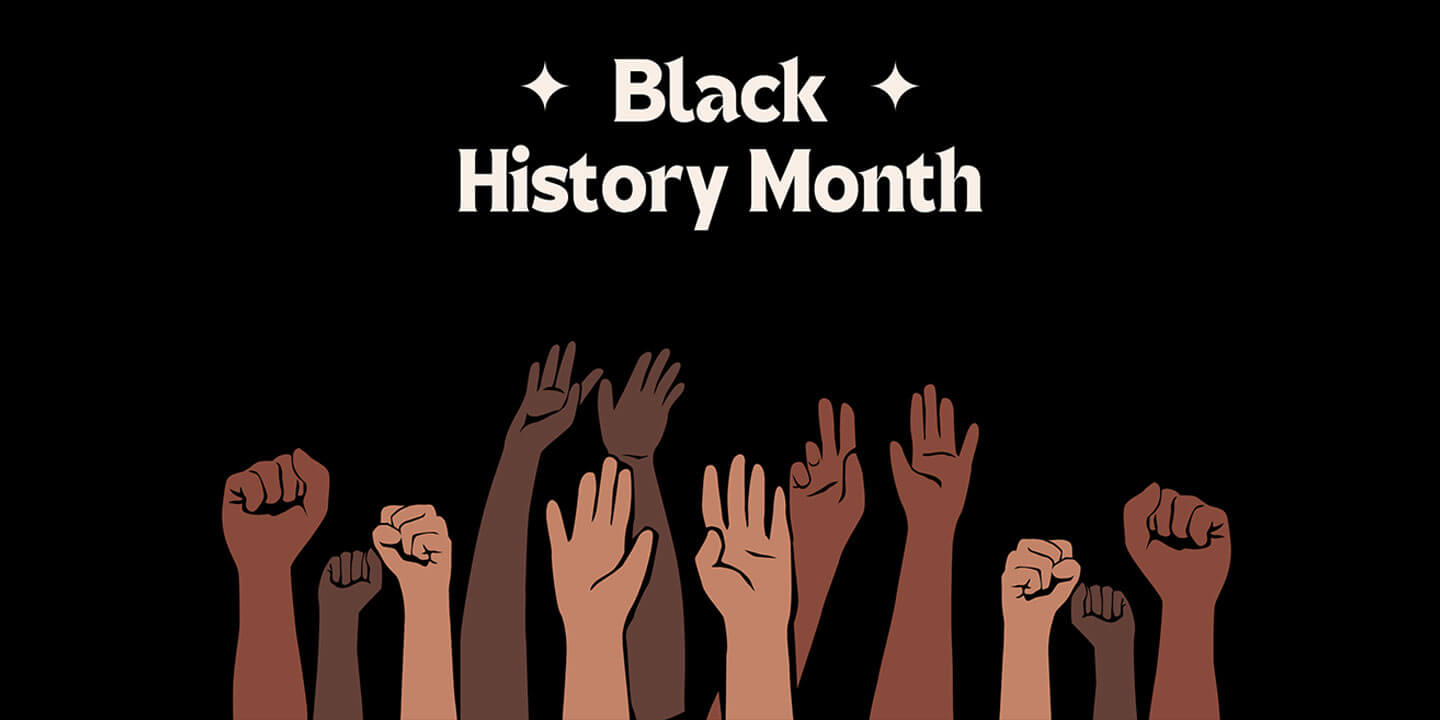
The Evolution of Negro History Week to Black History Month

Black History Month is a designated month-long U.S. holiday held every February since 1976. It serves as a time to recognize the contributions and achievements made by African Americans throughout U.S. History. During the month there are hosts of events such as student plays, television specials and marches commemorating trailblazers. Many know about the month but don’t understand the history behind Black History month.
It begins with Carter G. Woodson, who was an American historian, author, and professor of history, earning a Ph.D. from Harvard University in 1912. In 1926, Woodson established and celebrated Negro History Week. Rumors say Woodson chose the second week of February to coincide with the birthdays of President Abraham Lincoln and abolitionist Fredrick Douglass, two pivotal men in Black History. Woodson wanted the week to demonstrate what Negro students learned throughout the school year. A theme was set each year for the celebration and Woodson, along with the Association for the Study of Negro Life and History (now known as the Association for the Study of African American History – ASALH), provided study materials.
In the 1940’s, the Black community slowly began to expand the study and celebration of Black History in public and curriculum. Within the schools, teachers would hide the books but replace United States History lessons with the Black History books. It wasn’t until the Civil Rights Movement of the 1960’s that there was a more aggressive stance. Due to the racist climate of America at the time, many young African Americans on college campuses became more conscious and resilient against the oppression.
Finally, in 1976, fifty years after Woodson’s first efforts to celebrate, the ASALH officially expanded the annual event to Black History Month. Since then, every United States President has recognized February as Black History Month. They have even issued proclamations endorsing the annual theme.
The theme for 2023 is Black Resistance considering the recent acts of racial terrorism, ongoing oppression, and police violence. This year try to learn more about Black History aside from the Civil Rights Activists and Slave abolitionists such as Dr. Martin Luther King Jr., Harriet Tubman and Malcolm X. For more details and information about this year's celebration, you can visit ASALH.org.
Do you have a compelling story or student success tips you’d like to see published on the Pearson Students blog? If you are a college student and interested in writing for us – click here to pitch your idea and get started!
About the author

Myaya Morton
Myaya A. Morton is studying Electrical Engineering at Jackson State University in Mississippi expecting to graduate in May 2023. She is a native of Hillside, New Jersey. Myaya has held a variety of leadership roles at JSU, including VP of the Campus Activities Board, mentor for the W.E.B Dubois-Harvey Honors College, Class Senator for the Student Government Association, and has earned multiple scholarship awards. She currently serves as President of the Gamma Rho Chapter of Alpha Kappa Alpha Sorority Inc., and Student Director of the Video Committee for the Pearson Campus Ambassador program. Upon graduation, Myaya plans to continue on to graduate school to pursue an MBA.


